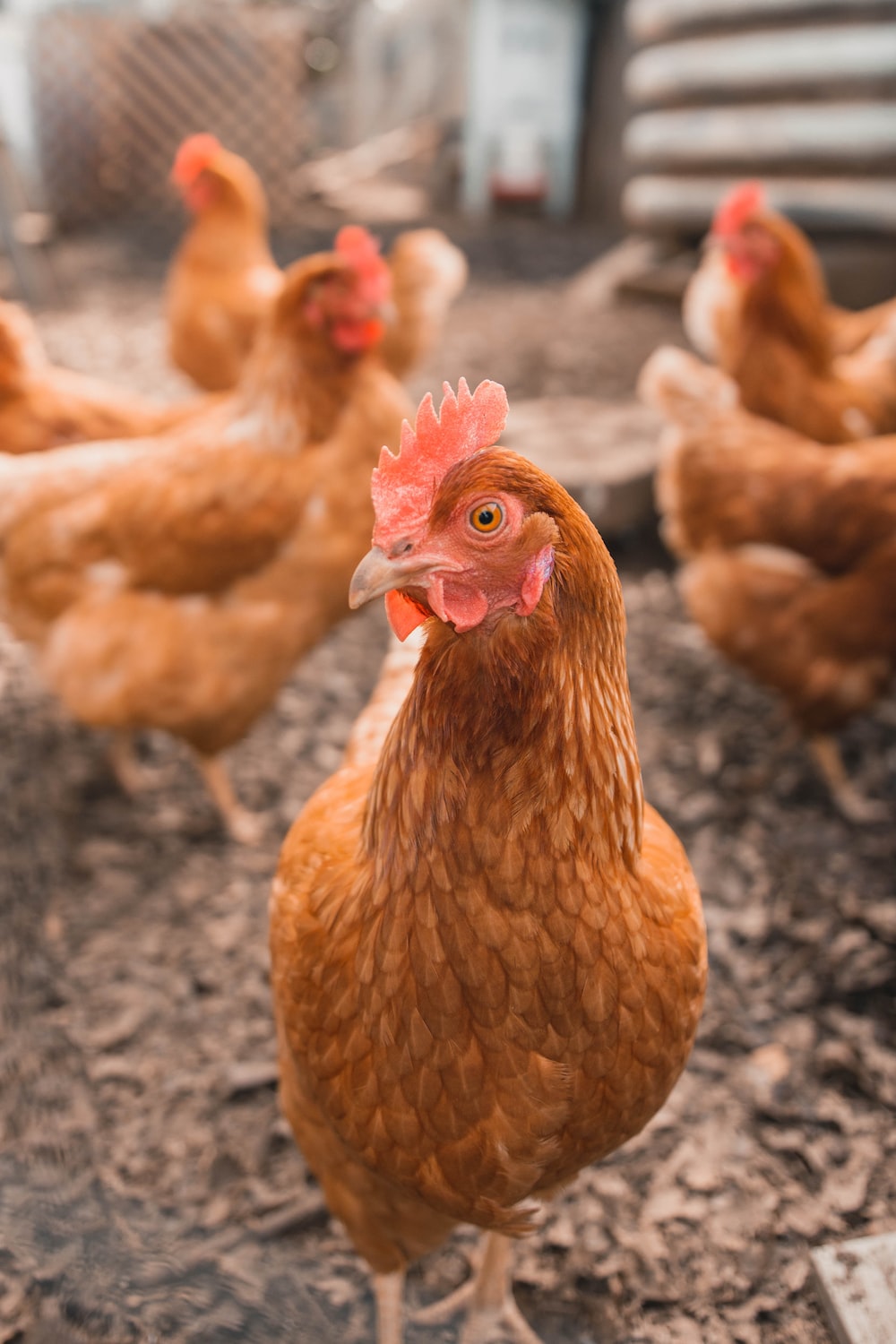Livestock plays a pivotal role in the agricultural sector of Malawi, providing a source of income, food, and materials for both farmers and private companies involved in processing and manufacturing. Recognizing the significance of this sub-sector, the government has formulated policies to increase livestock production, aiming to achieve self-sufficiency and meet various objectives such as improving animal protein availability, generating cash income, supporting exports, providing draught animal power, and supplying khola manure. To accomplish these goals, it is crucial to implement effective management practices and address key factors that influence livestock productivity.
Breeds and Types of Livestock
Malawi is home to both local and exotic breeds of livestock. While local breeds are well-suited to the environmental conditions, their production levels fall below those of exotic breeds. Crossbred animals and poultry tend to perform better than local breeds but not as well as exotic breeds. Smallholder farmers are advised to keep local and cross-breeds due to their adaptability, as exotic breeds require higher levels of management. Large-scale farmers, with the necessary resources, may opt for exotic breeds. The selection of appropriate breeds is a foundational step in improving livestock production.
Good Livestock Husbandry
Livestock husbandry encompasses critical practices such as housing, feeding, pest and disease control, and overall management. Implementing good husbandry practices is essential for enhancing livestock productivity. Detailed recommendations for housing, feeding, and management are provided in specialized sections on animal health and livestock development, emphasizing the significance of proper care and attention to ensure optimal conditions for the animals.
Disease Control
Livestock in Malawi are susceptible to various diseases that can significantly impact productivity. Some diseases are specific to certain classes of livestock, while others affect multiple species. Zoonotic diseases, which can be transmitted to humans, pose additional risks. Disease control measures include dipping, vaccinations, treatments, pasture grazing management, meat inspection, and restrictions on the movement of livestock. By implementing these measures, farmers can minimize disease incidences and mitigate the risk of both animal and human infections.
Livestock Marketing
Livestock serves as a crucial source of cash income, emphasizing the need for farmers to focus on improving the quality of their animals through effective management practices. Farmers are encouraged to identify markets that offer the best returns on their investment in livestock. This includes understanding market demands, ensuring the quality of livestock, and establishing reliable channels for selling their produce. Emphasizing these aspects will empower farmers to make informed decisions and capitalize on the economic potential of their livestock.
Improving livestock production in Malawi requires a comprehensive approach that addresses breed selection, good husbandry practices, disease control, and effective marketing strategies. By embracing these steps, farmers can not only enhance productivity but also contribute to the economic growth and sustainability of the agricultural sector. As the government's policies align with these objectives, the collective efforts of farmers and relevant stakeholders can pave the way for a thriving livestock industry in Malawi.





 Formulate Feed
Formulate Feed
Comments
Be the first to comment . You must be logged in to post a comment